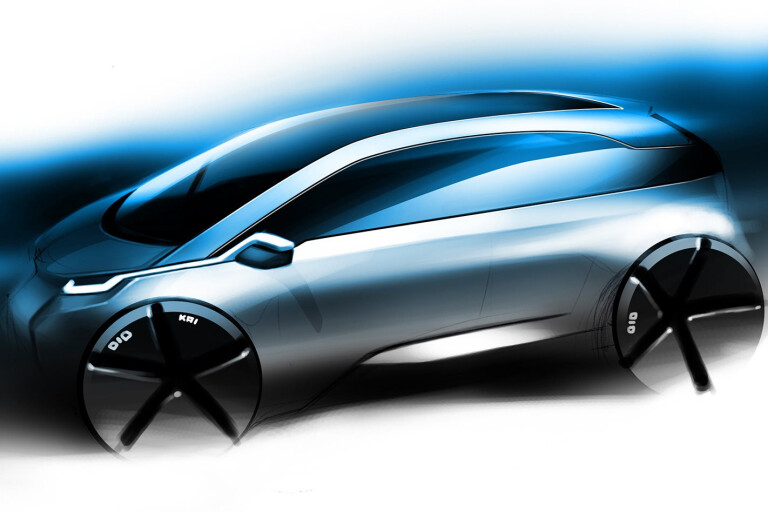
BMW has hinted it will cut back on the number of variants in its showroom in an effort to help pay for the cost of rolling out future battery-fuelled cars.
Reuters reported overnight that the German luxury car maker said it would need to offset the high cost of spending on research and development to have its next-generation electric vehicles in showrooms by 2019.
As well, the car maker is working on adding self-driving technology to its future vehicles, as well as focussing research on how to meet even tighter vehicle emissions targets being set in key markets.
One of the targets is steering wheels. "We have over 100 steering wheels on offer,” chief financial officer Nicolas Peter told journalists. “Do we need that many variants?"
According to the report, BMW will drop manual variants of the BMW 2 series Coupe in the US to cut down on the cost of certifying components in each market.
Peter said it had already dropped the manual from entry-level diesel versions of the 5 Series from the US market.
Another target BMW is looking at is to reduce the number of engines on offer. "In the 5 Series we have four diesel engines on offer,” Peter said. “I would not bet on there being four diesel engines on offer in the next-generation vehicle."
Last year, the car maker spent €5 billion ($A7.5 billion) on its research and development efforts. This year alone it plans to sell 100,000 electrified vehicles, which includes its growing range of plug-in hybrid models.
Alexander Kotouc, the head of the German luxury brand’s i Product Management division, told Wheels recently that some of the urgency behind BMW’s shift to a mass production battery-fuelled future was largely due to potential changes in one of its most important markets globally: China.
“Production-wise, I think we would be ready [for BMW to sell as many EVS as conventionally engined cars],” Kotouc said. “If you look at a market like China, they have many environmental problems.
“... They’re [China] really building heavily on their electric industry. So if I was the Chinese government I would wait until all my industries are ready, and then I would push the knob and say okay, every foreign competitor that is over a certain CO2 level with their whole fleet is just out of the market.”
He said shutting cars out of the market was one way that protectionism, particularly in China, made things difficult for car makers such as BMW, and that Chinese car makers seemed already aware of what was about to happen.
“As far as I know how far already Chinese companies building these electric cars are, I would guess it is coming quicker than we think; that they will return the lever and say ‘well, everything over a certain standard of CO2 will not be allowed to go into the Chinese market any more’.
“This implies that at the push of a button we have to be able to really deliver on our high-scale electric mobility for the Chinese market, which is our second-biggest market.”
Once China started to push for electric cars, the cost of producing them would come down, Kotouc told Wheels.
“As soon as you don’t on a mass scale build combustion engines, but you build something like electric engines and batteries, the whole thing will become much cheaper.”

COMMENTS